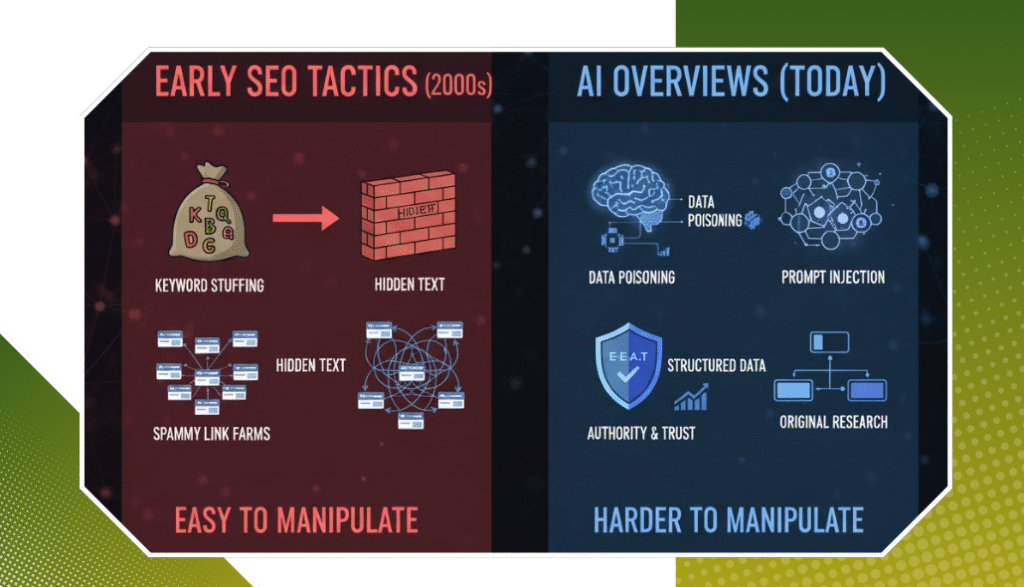In this blog, we will explore how Social Media Marketing in Melbourne can effectively benefit healthcare providers. By engaging with patients through these digital channels, healthcare organisations can improve service delivery and foster stronger community connections.
Benefits of Social Media for Healthcare Organisations
Social media platforms are changing the way healthcare organisations connect with patients. They can communicate directly with patients and stakeholders in real-time, building a sense of connection and trust. For example, a Melbourne clinic might use Facebook to inform patients about flu vaccination schedules or Instagram to share wellness tips. These interactions keep patients informed and make them feel valued and heard.
Gathering Feedback for Service Improvement
Feedback is crucial for any healthcare provider aiming to enhance service quality. Social media offers a direct line to patient experiences and opinions. For instance, a Melbourne hospital could use Twitter polls to gather insights on patient satisfaction or employ Facebook reviews to understand areas needing improvement. This feedback loop allows organisations to make data-driven decisions, tailoring their services more effectively to meet patient needs.
In summary, the benefits of social media for healthcare organisations are manifold:
- Real-Time Interaction: Facilitates instant communication with patients.
- Enhanced Trust: Builds stronger relationships through consistent engagement.
- Actionable Feedback: Directly gathers patient opinions for continuous service improvement.
By leveraging these advantages, healthcare providers in Melbourne can significantly improve their service delivery and patient relationships.
Popular Social Media Platforms in Melbourne’s Healthcare Sector
Social media has become an integral part of the healthcare landscape in Melbourne. Here are some of the most commonly used platforms and their unique features that benefit healthcare marketing:
It is widely utilised for its extensive reach and targeted advertising capabilities. Healthcare providers can:
- Run targeted ad campaigns based on age, location, interests, and behaviours to reach specific users.
- Create community groups where patients can share experiences, ask questions, and receive support.
- Host live sessions for real-time interactions with healthcare professionals.
It offers a visual storytelling platform that’s perfect for healthcare marketing. Providers can:
- Use visual resources like photos and videos to showcase facilities, share patient testimonials, and highlight health tips.
- Utilise Instagram Stories to provide quick updates or look at healthcare operations from behind the scenes.
- Engage with followers through social features such as polls, Q&A sessions, and quizzes.
It is essential for professional networking within the healthcare industry. It allows organisations to:
- Share industry news, research findings, and professional achievements.
- Connect with other healthcare professionals for collaborative opportunities.
- Post job openings to attract qualified candidates in the medical field.
X (Twitter)
It is helpful for quick updates and engaging with a broader audience. Healthcare providers can:
- Share real-time information about health alerts or public health campaigns.
- Participate in or host Twitter spaces to discuss specific health topics.
- Use hashtags to join related conversations and increase visibility.
Each platform offers certain advantages that can be used effectively by healthcare organisations in Melbourne to engage with patients, promote services, and foster community relationships.
Developing a Social Media Marketing Strategy for Healthcare Providers in Melbourne
Effective social media marketing practices are essential for healthcare providers in Melbourne. A well-thought-out plan can help engage patients, build trust, and improve service delivery.
Setting Clear Goals and Objectives
First, it’s crucial to set clear goals and objectives. These should align with your overall organisational aims. For instance:
- Increasing Patient Engagement: Use social media to answer patient queries, share health tips, and promote community events.
- Enhancing Brand Awareness: Regularly post updates about new services or success stories to keep your audience informed.
- Improving Service Quality: Collect feedback via social media to identify areas for improvement.
Identifying Target Audiences
Next, identify your target audiences specific to the Melbourne healthcare market. Adjusting content to meet their needs and preferences enhances relevance and engagement. Consider:
- Demographics: Age, gender, location
- Interests: Health topics they care about
- Behavioural Data: How they interact with content online
Using tools like Facebook Audience Insights can provide valuable information about your audience.
Utilising Analytics Tools
To measure success, utilise analytics tools. These tools help track key stats, such as engagement rates or website traffic driven by social media channels. Examples include:
- Google Analytics: Monitor website traffic sourced from social media.
- Facebook Insights: Track likes, shares, comments, and reach.
- Hootsuite Analytics: Get comprehensive reports on multiple platforms.
Analysing these statistics allows you to make data-driven adjustments to your strategy over time. This continuous improvement loop ensures that your social media efforts remain effective.
A detailed social media marketing strategy helps healthcare providers in Melbourne maximise their online presence and achieve meaningful engagement with their patient community.
Overcoming Barriers to Effective Social Media Use in Melbourne’s Healthcare Industry
Healthcare organisations often face several challenges when adopting social media. Concerns about patient privacy and HIPAA compliance are paramount. Ensuring that sensitive information remains confidential while engaging with patients online requires meticulous planning and adherence to strict privacy protocols.
Common Challenges
- Patient Privacy: Adhering to HIPAA compliance is crucial. This involves understanding the regulations and implementing measures to protect patient information.
- Negative Feedback: Online reputation management becomes vital as negative comments or reviews can impact the organisation’s image.
Strategies to Address Skills and Resource Gaps
- Training Opportunities: Regular training programs can equip staff with the skills to manage social media effectively.
- Outsourcing: Partnering with specialised agencies experienced in healthcare can provide expertise in managing social media, ensuring professional handling of online interactions.
Importance of Organisational Support
Leadership plays a significant role in the effective use of social media. When leadership teams understand and support social media’s value proposition, they create a positive culture of digital engagement.
- Leadership Endorsement: Encouraging top-down support ensures adequate resources for social media initiatives are allocated.
- Clear Governance Systems: Establishing clear policies and guidelines helps staff navigate the complexities of social media use while maintaining professionalism.
Addressing these barriers enables healthcare providers in Melbourne to harness social media’s full potential, enhancing patient engagement and service delivery outcomes.
Best Practices for Engaging Patients on Social Media Platforms as a Healthcare Provider in Melbourne
Creating engaging health and wellness education content on social media platforms is crucial for healthcare providers in Melbourne. Here are some tips to ensure your content resonates with your target audience while maintaining quality:
Use Relatable Language
Craft your messages in simple, everyday language that everyone can understand. Avoid overly technical jargon. For instance, instead of saying “hypertension,” use “high blood pressure.” This makes your content more accessible and easier to digest.
Visual Storytelling
Utilise images, infographics, and videos to make complex medical information more understandable. Instagram’s visual nature can be particularly effective here. For example, a short video explaining the importance of vaccination can be far more engaging than a text-only post.
Interactive Formats
Encourage patient participation through interactive formats like polls or Q&A sessions. For example, a live Q&A session on Facebook can be hosted where patients can ask general health questions. Remember to keep responses general and guide patients to seek personalised advice privately.
Patient Testimonials
Share successful stories and testimonials from patients who have had positive experiences. These stories can build trust and show real-life cases of how your services have helped others.
Ethical Standards
Always maintain ethical standards by not offering personalised medical advice publicly online. Any specific health concerns should be addressed privately after obtaining informed consent.
Engaging content informs and builds a sense of community and trust among your patients, making them more likely to engage with your services.
Conclusion
Building a positive online presence through the strategic use of social media platforms is crucial not just from an engagement standpoint but also from a business perspective. Trust plays a major role in patient decision-making processes when choosing providers from whom they want to seek care.
Given the importance of online reputation management for healthcare providers operating within Melbourne’s competitive market landscape, it is essential to harness social media’s power effectively. This ensures enhanced consumer interaction, service delivery, and patient satisfaction. For assistance in leveraging social media and improving your SEO, Contact Us at Rankingeek Marketing Agency for expert guidance in Melbourne.




